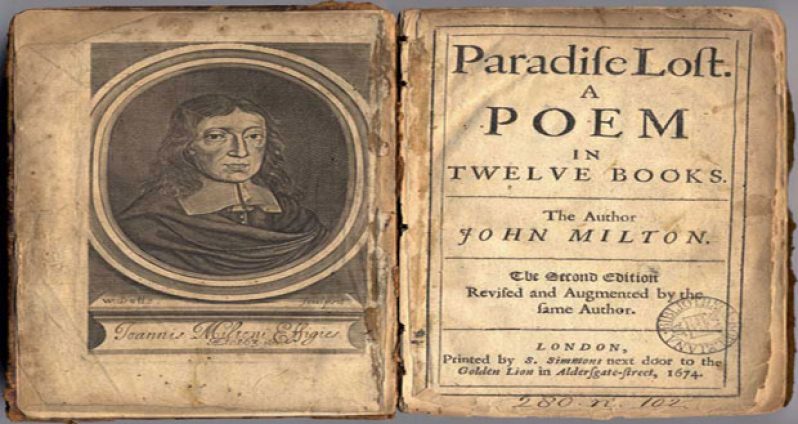Nexus between poetry and storytelling

Although World Storytelling Day (March 20) and World Poetry Day (March 21) are placed next to each other on the calendar, officially, there is no connection between the two events. World Storytelling Day falls into a worldwide domain where its annual theme is selected by an online group of storytellers while World Poetry Day falls directly under the auspices of one organisation, UNESCO. However, there is a literary connection between poetry and storytelling.
Storytelling is as old as the history of man, enmeshed in oral literature. But World Storytelling Day is a manifestation of the new millennium which has its roots in several initiatives started at the end of the previous millennium. For instance, in the early 1990s, Sweden organised an event labelled, ‘All Storytellers Day’, falling on March 20. In the late 1990s, storytellers in Perth, Australia, coordinated a five-week long celebration of story, commemorating March 20 as the International Day of Oral Narrators. Nearer to home (Guyana), places like Mexico and other South American countries were already celebrating March 20 as the National Day of Storytellers.

World Poetry Day has its genesis in one person, a woman, who not only knew of the power of poetry and has tasted its pleasures but also wanted others to be a part of this sacred art. In 1936, Tessa Sweezy Webb started honouring poets of Ohio, USA. This vision soon caught the imagination of poetry lovers worldwide. By 1951, forty-one countries were celebrating the works of their poets. Webb used the third Saturday in October for her magnanimous work but by 1951, October 15 was accepted as the ideal day to mark the occasion. Eventually, in 1999 UNECSO declared March 21 as World Poetry Day.
The connection of storytelling and poetry resides in epics, narrative poems and verse novels wherein boundaries are blurred and categorising is left to academics.
An epic is a long poem with its origin in the earliest forms of oral literature. An epic narrates the deeds and adventures of a heroic or a legendary figure, sometimes narrating the history of a nation. Some epics include the ‘Ramayana’ and ‘Mahabharata’, parts of the Bible, the ‘Iliad’ and the ‘Odyssey’, the ‘Divine Comedy’, ‘Paradise Lost’, ‘Os Lusiads’, ‘Aeneid’, ‘The Faerie Queene’, ‘The Prelude’, ‘Song of Myself’, and ‘The Song of Hiawatha’.
A narrative poem tells a story not unlike an epic but the subject is not necessary the substance that makes a hero or creates a legendary figure. Narrative poetry originated in the oral tradition and bears characteristics giving over to oral delivery not unlike storytelling consisting literary elements including narrator/s, characters, plot, conflict and resolution.
Examples of narrative poems include many familiar pieces like ‘The Highwayman’ by Alfred Noyes, ‘The rime of the ancient mariner’ by Samuel Taylor Coleridge, ‘Tam O’Shanter’ by Robert Burns, ‘The owl and the pussy cat’ by Edward Lear, ‘The prisoner of Chillon’ by Byron, ‘Lochinvar’ by Sir Walter Scott, and ‘The listeners’ by Walter de la Mare.
Examples of narrative poems by Guyanese include ‘The African Prince’ by Norman Cameron, ‘Ruth’ by Egbert Martin, ‘The Essequibo and its tributaries’ by Henry Dalton, ‘Amalivaca’, and ‘The legend of Kaieteur’ by A.J. Seymour.
A Verse Novel is a novel that is told in verse rather than prose consisting of the elements found in the epic and the narrative poem as in the following examples: ‘Eugene Onegin’ by Alexander Pushkin, ‘The Golden Gate’ by Vikram Seth, ‘Omeros’ by Derek Walcott, ‘Ancestors’ by Edward Kamau Brathwaite, ‘Prophet’ by Kwame Dawes.
Verse novels by Guyanese include ‘Turner’ by David Dabydeen, ‘Bill of Rights’ and ‘Bloodlines’ by Fred D’Aguiar.
It is not without significance that World Storytelling Day (March 20) and World Poetry Day (March 21) are so juxtaposed. Man’s first stories were narrative poems. Poetry is the mother of all literature. And therein rests the nexus between storytelling and poetry.
Responses to this author telephone (592) 226-0065 or email: oraltradition2002@yahoo.com
by Petamber Persaud




.png)









